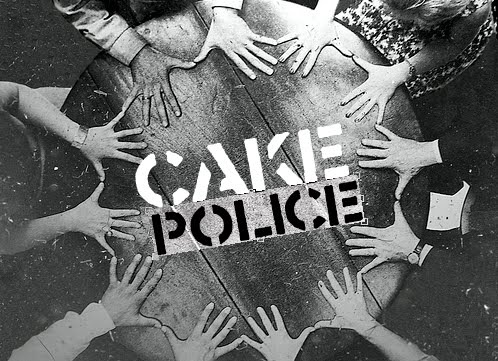A foretaste, from Badiou's editorial:
"Given the miserable political situation that we are experiencing, isn't it obvious that it is us who have everything to learn from the current popular uprisings? Shouldn't we, in all urgency, closely study what has made possible the overthrow through collective action of governments that are oligarchic, corrupt and—possibly, above all—humiliatingly the vassals of Western states?"
"That a revolt against state power can be absolutely victorious is a lesson universally available. This victory always indicates the horizon where all collective action, subtracted from the authority of the law, stands out, the horizon that Marx called 'the failing of the state'.
"That is, one day, freely associated in the spreading of their own creative power, peoples could do without the gloomy coercion of the state. And it is for this reason, for this ultimate idea, that a revolt overthrowing an established authority can determine unlimited enthusiasm throughout the world."

Great stuff. I especially liked this from Hardt and Negri's editorial:
ReplyDelete"The organisation of the revolts resembles what we have seen for more than a decade in other parts of the world, from Seattle to Buenos Aires and Genoa and Cochabamba, Bolivia: a horizontal network that has no single, central leader. Traditional opposition bodies can participate in this network but cannot direct it. Outside observers have tried to designate a leader for the Egyptian revolts since their inception: maybe it's Mohamed ElBaradei, maybe Google's head of marketing, Wael Ghonim. They fear that the Muslim Brotherhood or some other body will take control of events. What they don't understand is that the multitude is able to organise itself without a centre – that the imposition of a leader or being co-opted by a traditional organisation would undermine its power. The prevalence in the revolts of social network tools, such as Facebook, YouTube, and Twitter, are symptoms, not causes, of this organisational structure. These are the modes of expression of an intelligent population capable of using the instruments at hand to organise autonomously."
This has been perhaps the most encouraging thing for me watching all of this unfold. The desperation of the American media to create a plausible and comforting narrative has taken us some strange places this past month, but they have failed most spectacularly, I think, in this regard. No one really believed, for example, that El Baradei was speaking for the people (his "big" speech that the US was touting in Cairo drew a small crowd, and boos).
I disagree, however, with Hardt and Negri's assertion that there is a failure to understand that "the multitude is able to organize itself without a centre." As they cite at the beginning of that paragraph, there is ample evidence in support of this in very recent history, and western elites know it well. In fact, isn't it the idea of a revolt focused around a central charismatic figure that now seems antiquated? Rather, I think that what we see on the television coverage in the US is a deliberate campaign to obfuscate this fact.
Separately, could it be any less timely that the front-runner for the Best Picture award at tonight's oscar ceremony (a disgusting display of self-congratulations for people who don't actually contribute anything to society in the first place) is a movie whose central conflict is a king attempting to rid himself of a stammer? What inspiring struggle!